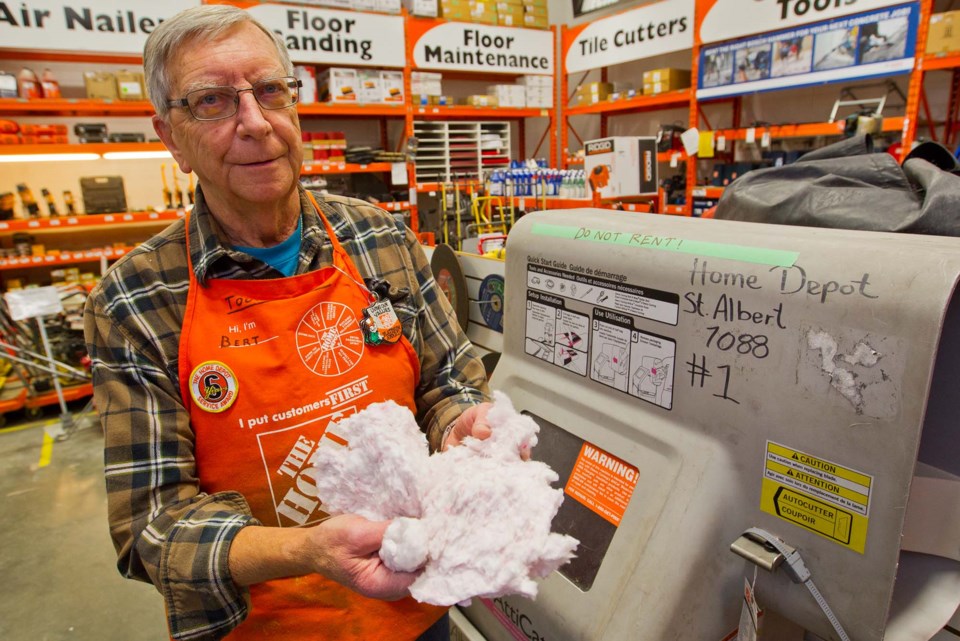Canada has to help homeowners struggling with high energy costs if it wants to head off climate change, says a B.C. researcher.
Albertans can tune into a free online and in-person talk on energy poverty this April 11 at the University of Alberta. The talk is part of the U of A’s Sustainability Lecture Series on equity and climate action.
Runa Das, a professor of interdisciplinary studies at B.C.’s Royal Roads University, will speak on how Canada can ensure an equitable and sustainable transition for its citizens as the world moves to net-zero carbon.
The net-zero transition will cost money, but not acting on global heating will cost more, Das said in a phone and email interview. The Canadian Climate Institute has found that a flood that cost $8 million to address in the 1970s now costs $110 million, for example — a result of global heating making natural disasters worse and more frequent.
Homeowners use energy and will have to be part of the solution if the world is to head off global heating, Das said. But about three to 15 per cent of Albertans already live in energy poverty (meaning they either spend more than 10 per cent of their income or twice the median rate on energy services) and would struggle to afford the heat pumps and other energy-efficiency upgrades needed to reach net-zero emissions.
“If we’re moving to net zero, we need to ensure some of these folks are thought about,” Das said.
Potential solutions
Das said Alberta’s Home Upgrades Program was one example of how to address climate and energy poverty together.
The Home Upgrades Program started last year as a partnership between the Alberta Ecotrust Foundation, the Kambo Energy Group, and various government and industry groups, said Kambo Energy spokesperson Emma Gammans.
“A lot of the [energy efficiency] grants and rebate programs require you to have cash up front or to acquire more debt,” Gammans said, which puts them off limits to those who don’t have that money available.
The Home Upgrades Program sees advisors give free energy-saving home upgrades (including attic insulation and high-efficiency furnaces) to Edmonton, Calgary, and Canmore residents who are below certain income levels, Gammans said. The upgrades save residents money, make their homes safer and more comfortable, and reduce greenhouse gas emissions.
Gammans said many program participants live in old, inefficient homes that drive up their energy bills. Some talk about how they plug leaky doors with blankets and sit in the dark at night just to try and save money on energy.
“They’re already doing everything they can, and they just looking for that extra support,” she said.
Gammans said the program aims to help about 200 homes in their service area get upgrades this year, and hopes to expand to other communities later.
St. Albert’s Clean Energy Improvement Program (CEIP) can also address energy poverty and global heating, said St. Albert renewable energy advisor Leigh Bond. CEIP lets you make energy-saving home improvements for no money down and pay for them over decades through your taxes. The money you save on energy should outweigh the additional taxes, saving you money overall. If you later sell the house, those savings and taxes get passed to the new owner.
“It’s like the house borrowed the money instead of the person living in the house,” Bond said.
Bond said he had used CEIP to make his home net-zero in terms of electricity with solar panels and would soon use it to replace his gas furnace with a heat pump.
Das’s talk runs from noon to 1 p.m. April 11, and will be uploaded to the UAlberta Sustainability YouTube page. Visit uab.ca/lectures for details.




